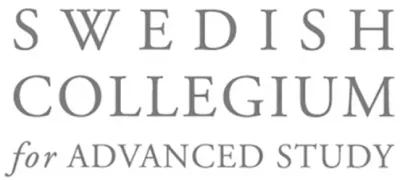Sweden

Olle Risberg
Olle Risberg defended his doctoral dissertation, Guiding Concepts: Essays on Normative Concepts, Knowledge, and Deliberation, in 2020. Since then he has been the principal investigator of the research project The Wisdom of the Crowd, funded by the Swedish Research Council for 2020–2024, which studied the epistemic significance of agreement and consensus. At the Institute for Futures Studies, he is involved in the research project Hidden Convergence in Ethics, funded by Riksbankens Jubileumsfond for 2024–2027. During 2024–2029 he is also a member of the Young Academy of Sweden.
Risberg’s research focuses on fundamental issues in ethics and epistemology, including moral objectivity, epistemological skepticism, reasons and rationality, and the nature of harm. His publications in these areas have appeared in leading international venues such as The Philosophical Review, Noûs, Philosophy and Phenomenological Research, and Australasian Journal of Philosophy. He is also one of the founders of the international research network Progress in Ethics, which studies the possibility of progress in ethical theorizing, and is one of the editors of The Oxford Handbook of Philosophy of Harm, forthcoming from Oxford University Press.
During his Pro Futura Scientia fellowship, Risberg’s work will focus on gradability, or “matters of degree,” in evaluative contexts. Integrating research from both practical and theoretical philosophy with results from measurement theory, his project will assess the hypothesis that many of the most central evaluative properties—including rationality, reason, justification, harm, and progress—are gradable (roughly in the sense that things can have them to a greater or lesser extent, or have more or less of them), and that our philosophical theories should therefore be designed to reflect this fact.
Moral philosophy; epistemology
